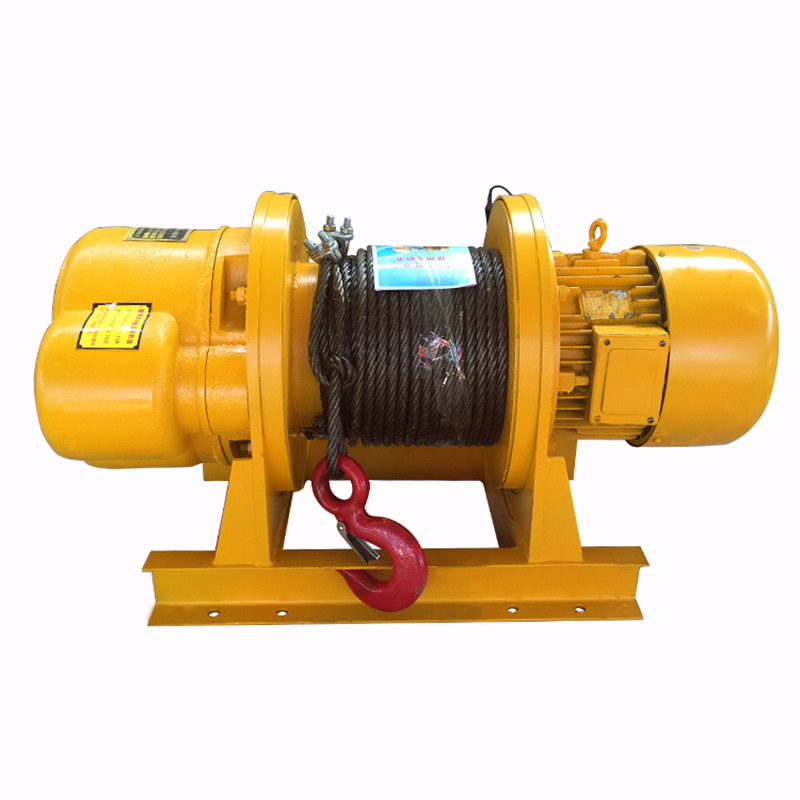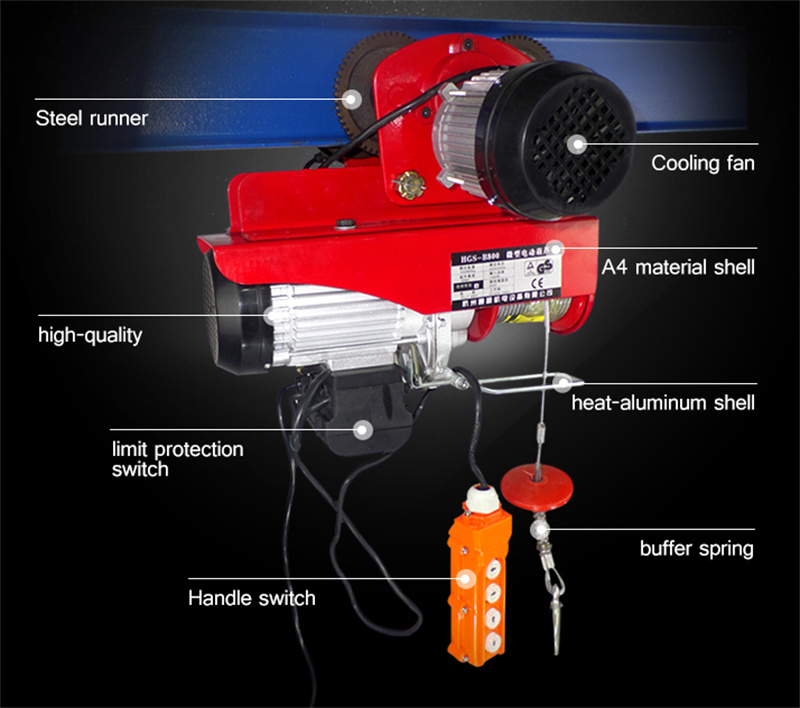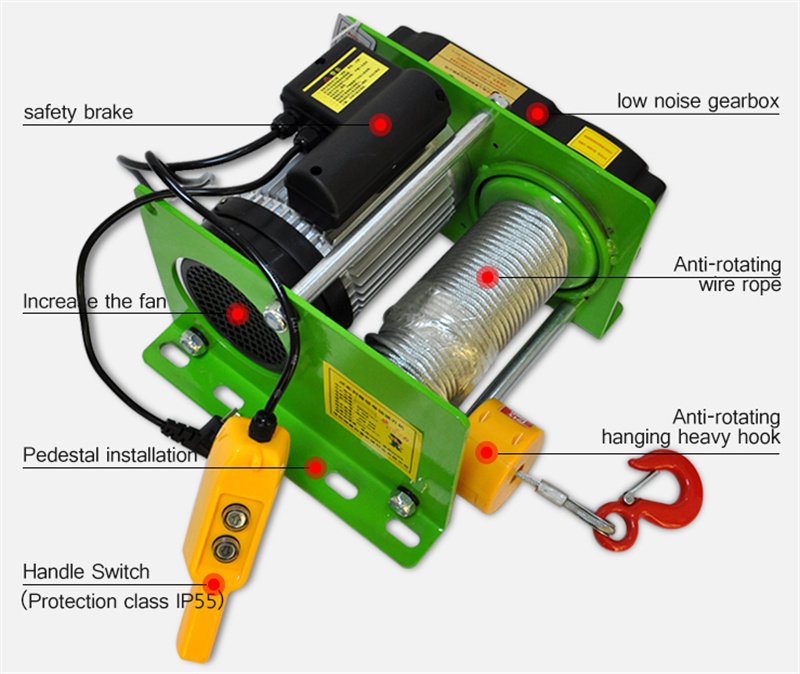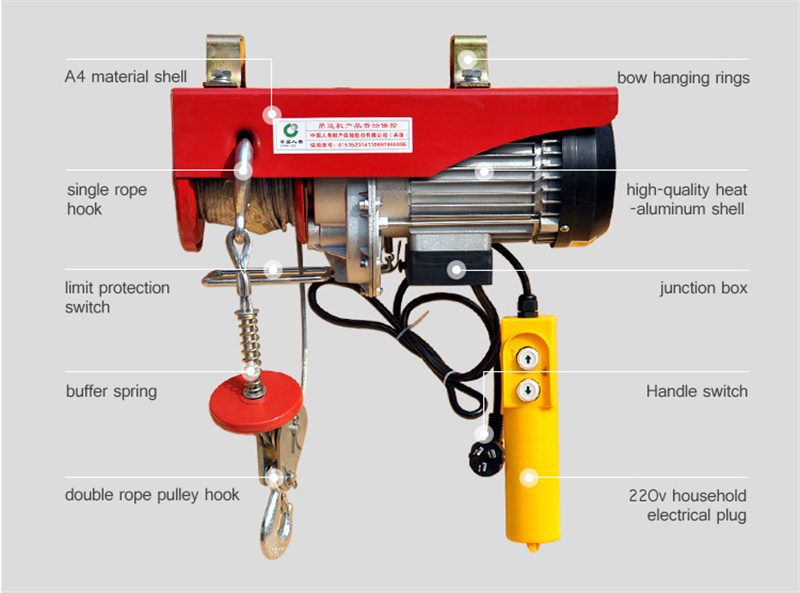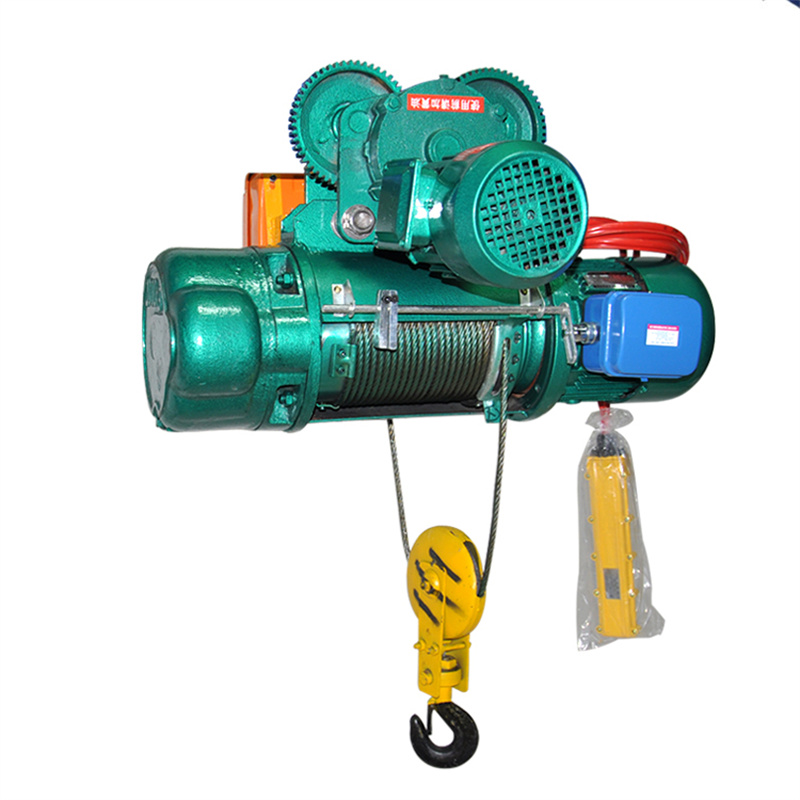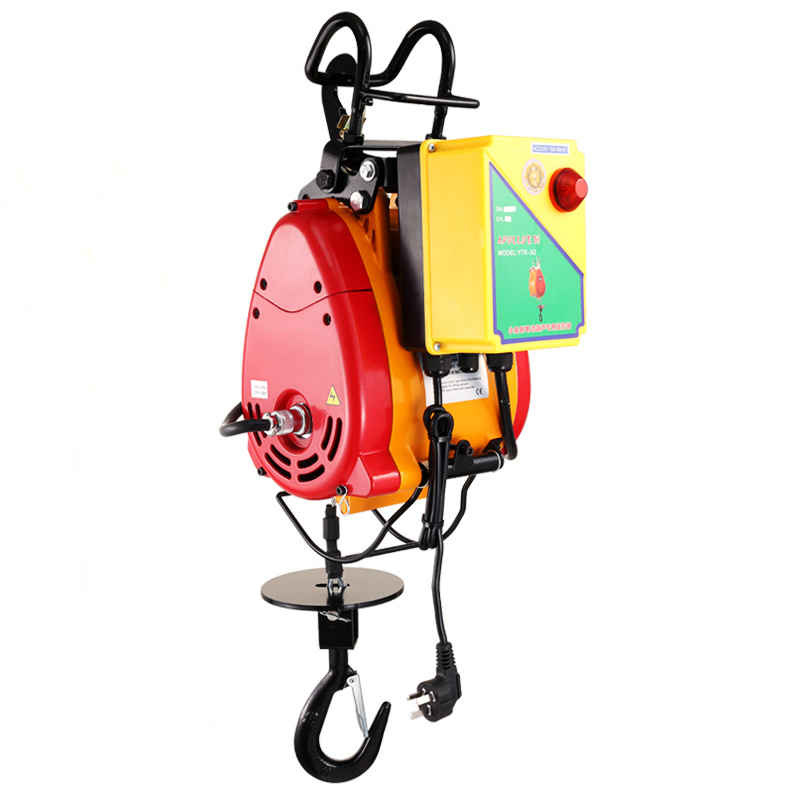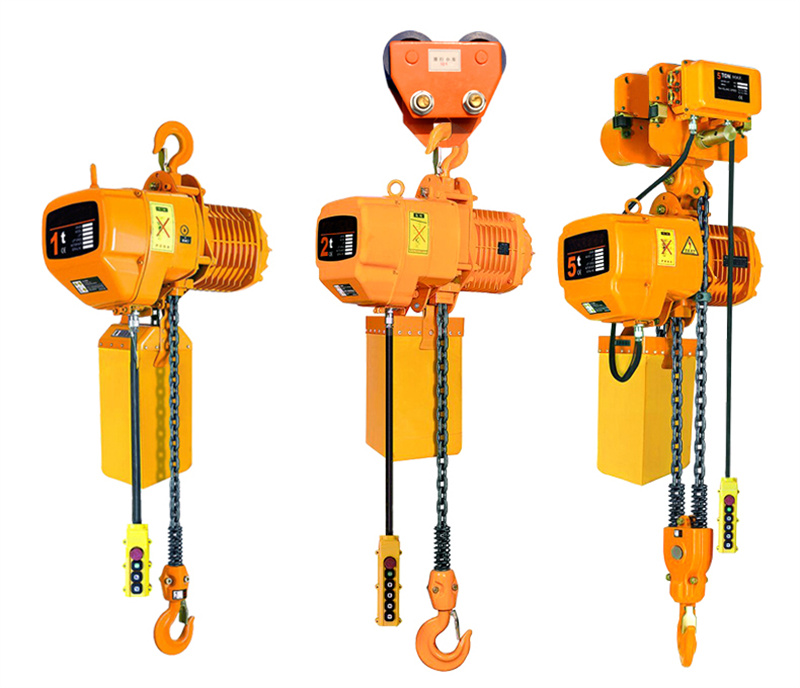Maintaining wire rope hoists is crucial for ensuring their safe and efficient operation. Regular maintenance helps prevent accidents, extends the lifespan of the equipment, and minimizes downtime. Here are key maintenance requirements for wire rope hoists:
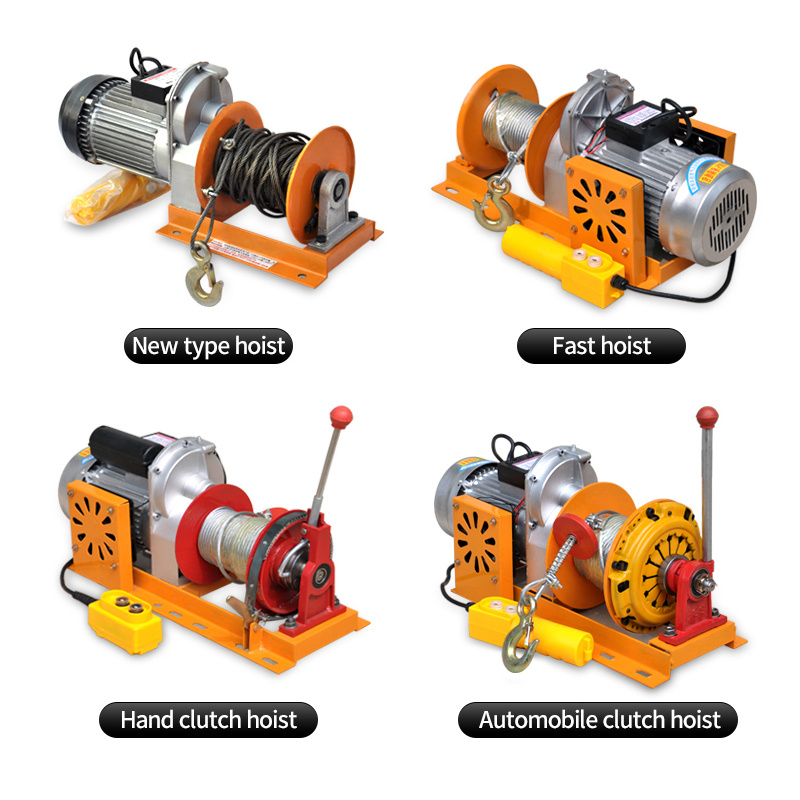
1. Regular Inspections
Daily Inspections:
Check for any visible signs of wear or damage on the wire rope, hooks, and other components.
Ensure that the hoist operates smoothly without unusual noises or vibrations.
Periodic Inspections:
Conduct thorough inspections at specified intervals (monthly, quarterly, or annually) based on usage and manufacturer recommendations.
Inspect the entire hoist system, including the motor, brakes, gear systems, and control mechanisms.
2. Wire Rope Maintenance
Visual Inspection:
Examine the wire rope for broken wires, corrosion, kinks, or other signs of wear.
Look for signs of rope fatigue or deformation, especially at points where the rope enters and exits the hoist.
Lubrication:
Apply appropriate lubrication to the wire rope according to the manufacturer’s guidelines to reduce friction and wear.
Ensure that lubrication does not accumulate dirt or debris, which can compromise the rope’s integrity.
Replacement:
Replace the wire rope if it shows significant wear, has a large number of broken wires, or is damaged beyond safe limits.
3. Brake System Maintenance
Inspection of Brakes:
Regularly inspect the brake pads and discs for wear and tear.
Ensure that the brake system engages and releases smoothly without sticking.
Adjustment:
Adjust the brake tension as needed to ensure proper operation based on the manufacturer’s specifications.
4. Mechanical Components
Gear and Motor Maintenance:
Check gearboxes for proper lubrication and inspect for any leaks.
Ensure that the motor operates efficiently without overheating or unusual sounds.
Alignment:
Periodically check the alignment of the hoist and associated components to prevent undue wear.
5. Electrical System Checks
Wiring and Connections:
Inspect electrical wiring and connections for signs of wear, fraying, or corrosion.
Ensure that all electrical components are grounded and functioning correctly.
Control Systems:
Test the control system regularly to ensure that all switches, buttons, and emergency stop functions operate properly.
6. Safety Features
Testing Safety Devices:
Regularly test safety devices such as overload protection, limit switches, and emergency stop mechanisms to ensure they function correctly.
Confirm that anti-two block devices are operational.
7. Cleaning
Debris Removal:
Keep the hoist and surrounding area clean and free from debris to prevent accidents and ensure smooth operation.
Regularly clean the wire rope to remove dirt and contaminants that can cause wear.
8. Documentation
Maintenance Records:
Maintain detailed records of all inspections, maintenance activities, and repairs performed on the hoist.
Document any issues encountered during operation and actions taken to resolve them.
9. Professional Inspections
Engage Qualified Personnel:
Schedule regular inspections and maintenance by qualified professionals or certified technicians to ensure compliance with safety standards and regulations.
10. Manufacturer Guidelines
Follow Recommendations:
Adhere to the manufacturer’s maintenance guidelines and schedules, as these are tailored to the specific model and usage of the wire rope hoist.
By following these maintenance requirements, operators can help ensure the safety, reliability, and longevity of wire rope hoists. Regular attention to maintenance not only enhances performance but also significantly reduces the risk of accidents in the workplace.
Post time: May-28-2025





